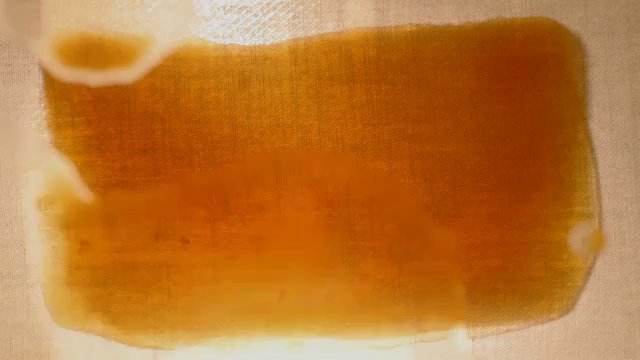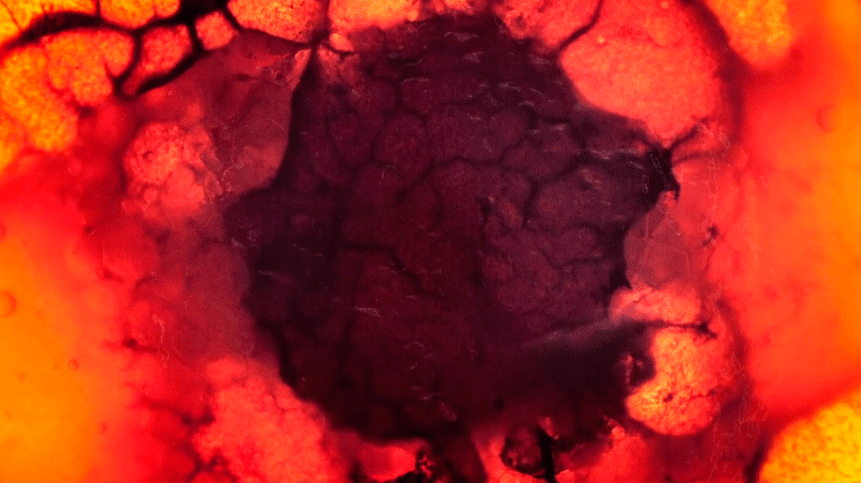I + D
Science and gastronomy, necessary transdisciplinarity
30/11/2017
Kombucha from Mugaritz on Vimeo.
We often talk about interdisciplinarity, this vocation were distinct areas of knowledge come in contact to share problems, concepts and methods in order to contrast points of view. But above all, to enable contexts wherein one may learn from the other. However, if we go a little further, we will find transdisciplinarity, an alternative scheme which allows more than the aforementioned exchange, integrating visions in an inherent framework of collaboration. A common language, vision and means of working is shared.
For many years we have insisted upon promoting dialogue science and gastronomy. Always bearing in mind how important it is for chefs to adopt the scientific method and to benefit from the knowledge generated from research. In addition, it has become increasingly clear that the kitchen provides a unique environment for experimentation and learning. Although building bridges these two worlds is not without difficulty, we should continue in our endeavors.
This interaction brings about as many challenges as opportunities. This was the subject of analysis of the 31st edition EFFOST, the annual conference staged by the European Federation of Food Science and Technology which this year was held in Sitges in which our team, AZTI and the BCC took part along many experts from all over the world.
We reflect upon the collaboration science and gastronomy from different perspectives. As explained by Ramon Perisé (Mugaritz) and Diego Prado (BCC) in the research collaborations about kombucha, uncommon and interesting live matter which can be used to study relevant chemical phenomena for scientists. For the chefs, however, kombucha may become an edible element with an increased organoleptic value and multiple culinary applications. Aligning these perspectives is the first step. The next step may be transdisciplinarity. This is was the subject of the roundtable moderated by the chef Dani Lasa.

Strawberries and cream. PHOTO: José Luis López de Zubiría.
In this conversation, the american scientist Larissa Zhou (a collaborator of Modernist Cuisine) invite us to think of science as a tale or stories. She suggested using gastronomy as a tool to communicate that story, considering people tend to regard their everyday eating costumes as something pleasant. “Neither the scientific methodology nor the traditional format of a recipe guarantees that people will cook better. Nor will it guarantee that they will understand better what is happening. Building new mean of communication is part of the commitment we must give”, she said.
According to Erik Fooladi (Volda University, Collegem Norway), science can survive without gastronomy and viceversa. However, only if they work together they will achieve relevant progress in the way we eat and the way think about processes of our normal functioning.
The chef Jozef Youssef (The Kitchen Theory), pointed out the need to view gastronomy as a context in which the knowledge generated through research can be contrasted in a real everyday environment. “Applying what scientists understand from their studies in the everyday conditions of a restaurant requires a significant effort, specially because the results are not always the expected ones given that one can not control both material and psychological variables. But this is the challenge what we are attracted to as chefs.” remarked the founder of The Kitchen Theory.
If we agree upon one thing, it is how stimulating it can be not only to convey the creativity and emotion of chefs with the curiosity and methods of scientists, but also to get to the point where all share the same appetite, and consequently, take the same path to satisfy it.



